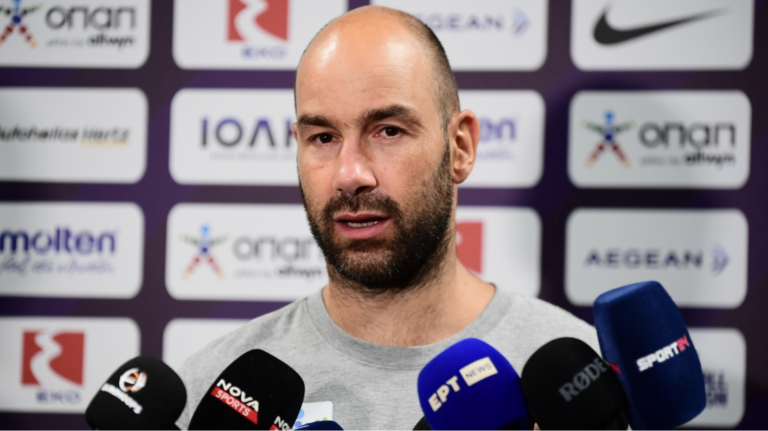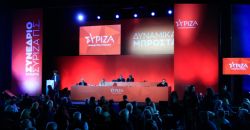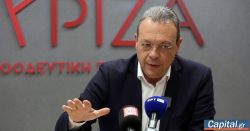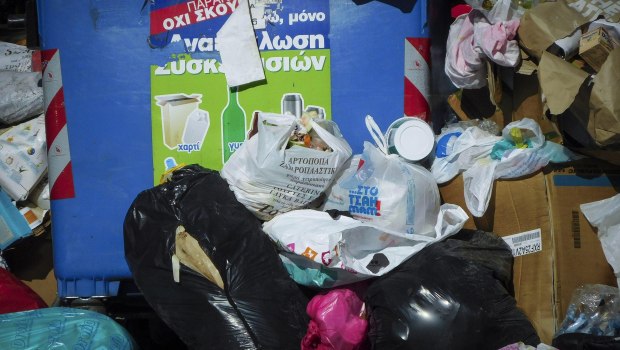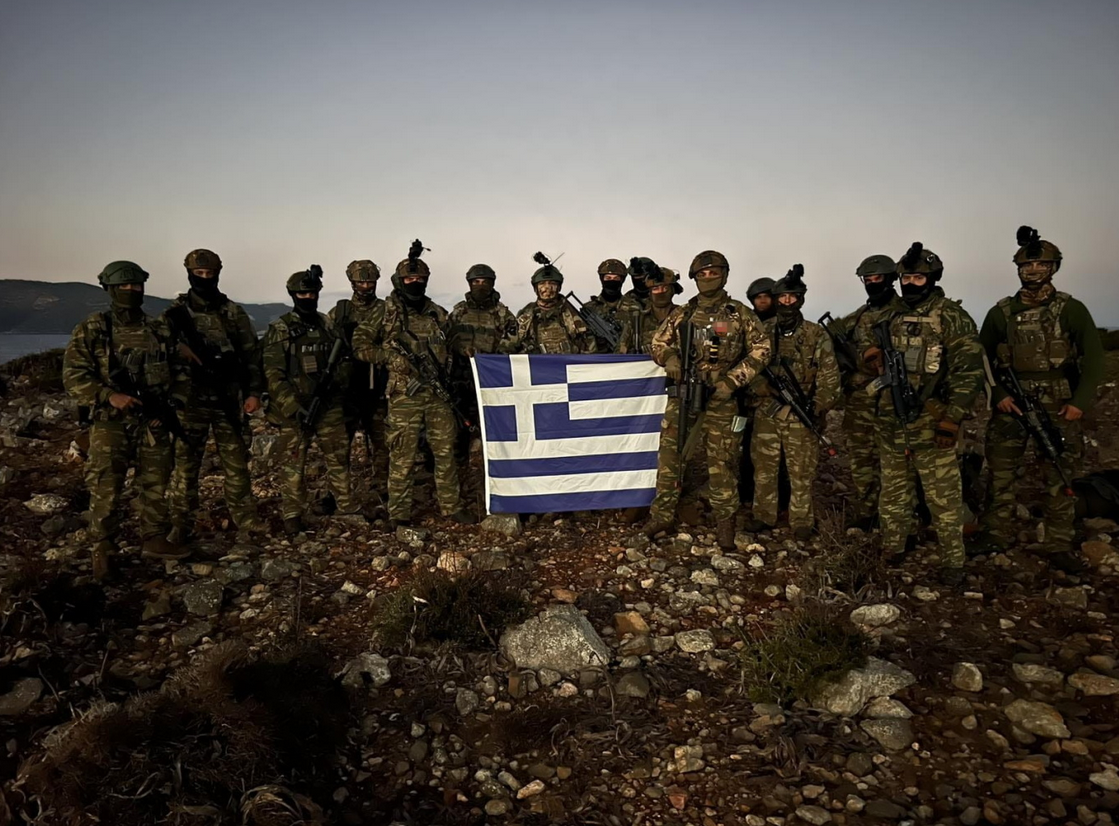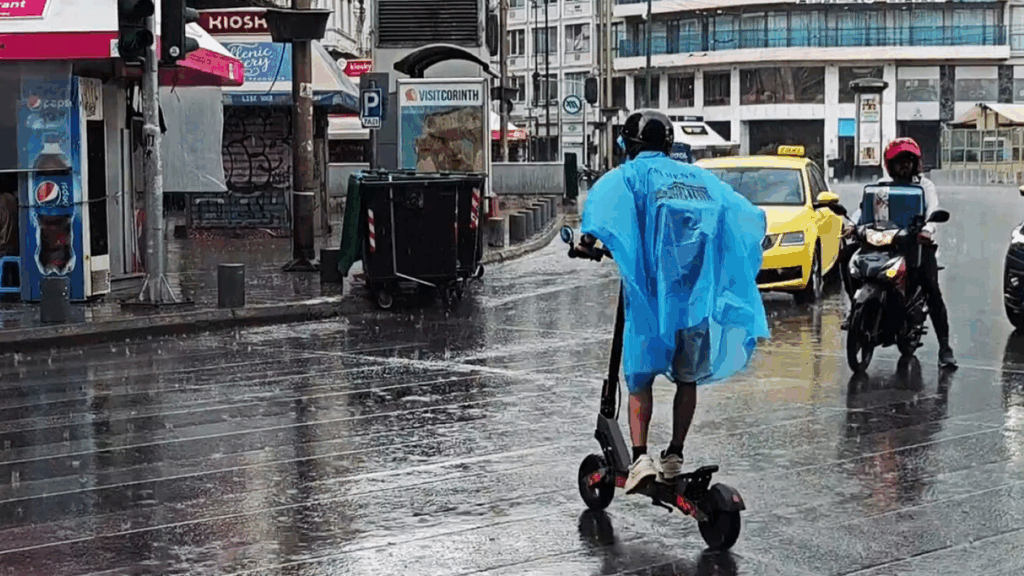Novak Djokovic: Holidays in Tinos, but investments in Le Mans with a Greek partner
Source: ProtoThema English
A Serbian tennis mega-celebrity — considered the greatest modern player and perhaps the best of all time — together with a Brazilian almost–world champion in Formula 1 and a Dane, also an F1 driver, are partnering as investors and acquiring ownership stakes in a French second-division football club. A team that is both obscure and famous at the same time.
This is not some sort of riddle, but a fascinating scenario with a whole web of sub-stories and different angles. Moreover, this all-star business alliance, through a strange series of coincidences, carries a strong scent of Greece.
After all, the Serbian superstar in question is Novak Djokovic, who has recently been increasingly connected to our country — whether because he may settle permanently in Greece with his family, whether as a VIP guest of businessman Petros Stathis in Mykonos this summer, or as a fellow diner in Tinos and co-pilgrim to the Virgin Mary with Prime Minister Kyriakos Mitsotakis.

Nole returns the favor
Within this late “Hellenization” of his, the golden visa that the Greek state would gladly grant to the greatest contemporary legend of tennis has already started to bear returns on Djokovic’s part: thanks to his own arrangements, a tournament under the seal of the highest governing body in professional tennis, the ATP, is moving from Serbia to Greece.
Specifically, the ATP 250 Hellenic Championship will take place in Athens, between November 2 and 8, on hard courts, with the necessary conversion of the playing surface at the indoor basketball arena of the OAKA stadium.
Although the entry list has not been finalized, it goes without saying that the presence of Novak Djokovic — as well as Stefanos Tsitsipas — would turn the tournament into an event of international stature in the tennis world.
The benefits for Greece are obvious: first, the Greek public will have a unique opportunity to watch truly top-level tennis up close for the first time in 30 years. Even if an ATP 250 is a lower tier compared to ATP 500, Masters 1000, and Grand Slam events, the intensity and spectacle are only slightly below that of higher tournaments.
The athletes competing are usually rising stars, chasing ranking points with passion and, of course, the largest possible share of the prize money exceeding half a million euros.
A grateful Greece
As for the benefits for our country, Djokovic’s initiative puts Greece back on the world tennis map, which means prestige and an influx of high-end tourism, thanks to the glamour traditionally surrounding the sport.
Moving the ATP 250 Hellenic Championship from Belgrade to Athens is, in a sense, linked to the rise of Greek tennis in recent years — mainly thanks to Tsitsipas and Sakkari, regardless of their current performances.
For Novak Djokovic personally, however, the motive is clearly not to be declared a national sporting benefactor of Greece. He chooses our country as the best possible alternative for himself and his family, both in view of his retirement from active competition — he is now 38 — and due to his intense clashes with the current Serbian government.
Even though he is undeniably the biggest celebrity and living advertisement for his homeland, Djokovic is considered almost persona non grata there, since he supported the protests that swept Serbia in 2024 and thus automatically stood against the government of Aleksandar Vučić.
With this context, Nole’s push for the ATP to move the Belgrade tournament to Athens takes on deeper meaning. After all, his family is directly involved in organizing the event, with his brother Đorđe Djokovic serving as the head organizer.
A sports superstar with a record 24 Grand Slam titles and a multimillionaire many times over, Novak Djokovic has very few limits to his options.
He can practically move anywhere he wants, transfer his own tournament to any country he prefers, and invest in any industry he finds attractive. And that is exactly what he is doing, having already tried his hand with various companies such as the Australian energy drink brand Waterdrop, the Danish biotech firm QuantBioRes, and more.
Shareholder in Le Mans
Nole’s modus operandi often connects sponsorships and partnerships to his charitable foundation, without preventing him from following the latest trend of athletes investing in sports clubs. This is how Djokovic has now become a shareholder in the French club Le Mans — a team with many peculiarities.
First, its name: it refers to a city in northwestern France, about 200 km from Paris, which few would know about if it did not host the famous “24 Hours of Le Mans.”
Therefore, the team’s greatest asset in attracting interest and investment is not football itself, but the reflected glory of a great motorsport race — and, of course, the immediate proximity of its football facilities to the legendary circuit that has hosted the world’s most famous 24-hour race since 1923.
This race is itself a paradox — a marathon of speed — but there’s nothing contradictory about it if one understands endurance racing.
The case of celebrity investors in Le Mans is not some joke of the “a Serb, a Brazilian, and a Dane walk into a French second-division club” type. It is the new project for Novak Djokovic, Felipe Massa, and Kevin Magnussen. Still, the circle of people linked to Le Mans does not end with those mentioned above.

Felipe Massa and Kevin Magnussen in the group of celebrity investors in Le Mans
Two more personalities should be added: current world No. 1 in women’s tennis, Belarusian Aryna Sabalenka — a friend and occasional doubles partner of Djokovic — and, certainly, her partner, Greek–Brazilian George Fragoulis. The latter plays the role of the magnetic force holding together this gallery of celebrities around Le Mans.
Thus, the key questions that arise are:
a) Why are these specific people interested in Le Mans in particular, when they could invest in any football club in the world?
b) Who exactly is George Fragoulis, and what is this charisma of his that creates such powerful and glamorous constellations?
The Greek “mastermind”
One lead in the story may be George Fragoulis’s profile: a new-generation entrepreneur, self-made millionaire, cosmopolitan, and amateur racing driver. In that capacity, he befriended Felipe Massa, the only F1 driver in history to hold the world title in his hands for 38 seconds before Lewis Hamilton snatched it away by overtaking in the final corner of the last race of the 2008 season.
At the same time, via a different route — through his partner, Aryna Sabalenka — Fragoulis gained access to Novak Djokovic. Through one of his companies, OutField, he brought Le Mans into his portfolio, acquiring shares and managing dozens of football clubs in Brazil, across Latin and South America, and now in Europe.

George Fragoulis and Aryna Sabalenka
The 36-year-old Fragoulis’s fortune is estimated in the tens of millions of dollars. His secret, at least so far, is his decision not to pursue a career as a lawyer or judge after graduating from law school, but instead to dedicate himself to the superfood açaí.
In interviews, Fragoulis always emphasizes that he feels 100% Greek, even though he grew up in Brazil, where he began implementing his business vision. His initial ambition was to conquer the world with the unique nutritional value of the açaí berry, which abounds in Brazil — especially in the Amazon region — but the rapid international expansion of his main company, Oakberry, brought him back to Greece.
“In less than 10 years we have opened over 800 stores in more than 40 countries. Could I ever leave out my homeland, Greece?” Fragoulis recently said, adding: “I would have brought Oakberry to Greece even if it meant a loss — which we don’t have.”
Thus, with two stores — one in Syntagma Square and one in Platis Gialos, Mykonos — in addition to promoting açaí consumption in the form of healthy desserts, smoothies, etc., Fragoulis fulfills his duty to his homeland, while also giving himself an excellent excuse to be in Greece regularly.
Hence, Sabalenka’s Instagram treats her 3.3 million followers to generous doses of Greek scenery, Mykonos, and so on. Sometimes in daring poses — either alone or with Fragoulis — who rivals the 27-year-old tennis champion in muscle definition, being himself a fan of healthy eating and fitness. And perhaps it could not be otherwise, given his past battle with cancer.
The açaí miracle
In 2014, he graduated from the University of São Paulo with a law degree. Instead of joining the local bar association, Fragoulis left for Miami, entirely on a whim. After attempting to work in the tourist real estate sector with borrowed funds — and failing — he moved to Los Angeles. There, after trying a poorly made and overpriced açaí smoothie, he conceived the idea for Oakberry.
“I thought that açaí, as I knew it in Brazil — and not the way they ruined it in Los Angeles — could hide a business opportunity for me,” Fragoulis says, describing the prelude to his professional takeoff.
Just nine years later, the once-penniless George Fragoulis looks out at the world from the height of a personal fortune of at least $75 million, with the explosive Aryna Sabalenka in his arms, having earned the right to call Novak Djokovic, Felipe Massa, and others his “partners.”
Ask me anything
Explore related questions
The original article: belongs to ProtoThema English .
